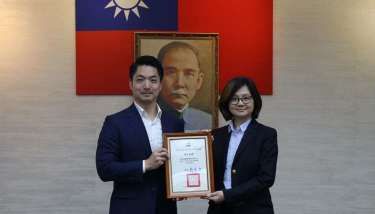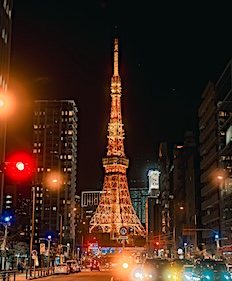搜尋結果
2009年1月15日 · Description. "Panspectric technologies were initially developed with in signals intelligence. Now they are progressively being transferred to all aspects of every-day life, thus enforcing social order. The notion of the panspectron was coined by Manuel DeLanda’s in his book War in the Age of Intelligent Machines (1991), referring mainly ...
- Description
- Discussion
- More Information
here's the background to the theory, reprinted fromhttp://www.masternewmedia.org/news/2006/02/27/p2p_economic_potential_as_an.htm For Alan Page Fiske, see http://www.rmt.ucla.edu/ (relational models), http://www.sscnet.ucla.edu/anthro/faculty/fiske/(bio) "According to Fiske, there are four basic types of inter-subjective dynamics, valid across time...
Interpretation by Michel Bauwens
Every type of society or civilization is a mixture of these four modes, but it can plausibly be argued that one mode is always dominant and imprints the other subservient modes. Historically, the first dominant mode was kinship or lineage based reciprocity, the so-called tribal gift economies. The key relational aspect was 'belonging'. Gifts created obligations and relations beyond the next of kin, creating a wider field of exchange. Agricultural or feudal-type societies were dominated by aut...
Interpretation by David Ronfeldt
"my take on fiske is different from your own. you equate the tribal form with equality-matching, but i equate it to his communal-sharing form. you think his communal-sharing form matches p2p nicely. in my view, none of his forms match the network form the way i'd like. here's what i say there: - "One psychologist (Fiske, 1993) posits that all social relationships reduce to four forms of interaction: communal sharing, authority ranking, equality matching, and market pricing. People develop the...
Clarification by Alan Fiske
" Although I’m not an expert on economic anthropology, I think it’s clear that it’s crucial to distinguish between two types of ‘tribal’ societies: First there are subsistence hunting and gathering societies, which have little or no stored surplus. Although it’s a big generalization, the dominant principle for production and exchange in these foraging communities is usually CS; they are often strongly anti-AR. Second, there are a few hunting and gathering societies with stored surpluses and t...
Fiske, A. P., & Haslam, N. 2005. The four basic social bonds: Structures for coordinating interaction. In Mark Baldwin, Ed., Interpersonal Cognition, 267–298. New York: Guilford.Jess Scully: "Taiwan’s civic hackers were organized around a leaderless collective called g0v (pronounced “gov zero.”) Many believed in radical transparency, in throwing opaque processes open to the light, and in the idea that everyone who is affected by a decision should have a say in it. They preferred establishing consensus to running ...
One Earth presents a novel biogeographical framework called Bioregions 2020, which builds upon the world’s 846 terrestrial ecoregional divisions (Dinerstein et al. 2017) to delineate 184 discreet bioregions. Two years in development, with input from an array of field scientists, conservation experts, and geographers, the Bioregions 2020 ...
2014年3月28日 · Description. 1. From the Wikipedia: "Ayni (Quechua, also spelled Ayniy or Aini) is a traditional form of mutual help practiced in indigenous communities (ayllu) in the Andes. Ayni means proper relationship. Member of a community help another member for private purposes when support is needed, e.g. in house construction or agricultural works.
* Article: PERSISTENCE DESPITE REVOLUTIONS. By Alberto F. Alesina , Marlon Seror, David Y. Yang, et al. NBER WORKING PAPER SERIES ; Working Paper 27053, NATIONAL ...
Definition. "People’s organizations (POs), unlike NGOs, are established by and represent sectors of the population like small farmers, artisanal fisherfolk, slum dwellers and others. POs take a wide variety of forms and exist at various levels. - Community-based organizations (CBOs) mobilize and represent local populations and directly ...



















